Office to the Great Outdoors: How Outdoor Training Enhances Employee Performance and Team BondingDo your employees seem stuck in a rut when it comes to productivity and motivation? It may be time to take them out of the office and into the great outdoors. Outdoor training has emerged as a powerful tool for enhancing employee performance, and companies are quickly realizing its untapped potential. Why is outdoor training so effective? For one, it breaks the monotony of the usual office environment and injects a sense of adventure and excitement into the learning process. Research shows that fresh air and natural surroundings can boost creativity, problem-solving skills, and overall well-being. Not only does outdoor training challenge employees physically, but it also helps them develop crucial soft skills such as teamwork, leadership, and communication. Incorporating outdoor training into your company's training and development programs can yield impressive results. By providing employees with the opportunity to learn and grow in an unconventional setting, you can inspire innovation, foster stronger bonds among team members, and ultimately drive success. Step outside the box and unlock your employees' full potential. Embrace the great outdoors and watch as employee performance soars to new heights. Discover the benefits of incorporating outdoor training into your company's development programs. Inspire innovation, strengthen team bonds, and drive success with this unconventional approach to employee growth. What is outdoor training?Outdoor training involves taking employees outside of the traditional office setting and engaging them in experiential learning activities in natural environments. It is designed to challenge individuals both physically and mentally, helping them develop new skills, gain insights, and build stronger relationships with their colleagues. Benefits of outdoor training for employeesOutdoor training offers a wide range of benefits for employees. First and foremost, it breaks the monotony of the usual office environment, injecting a sense of adventure and excitement into the learning process. Research shows that fresh air and natural surroundings can boost creativity, problem-solving skills, and overall well-being. Engaging in outdoor activities also provides an opportunity for employees to step outside their comfort zones and face new challenges. This helps them develop resilience, adaptability, and a growth mindset. Additionally, outdoor training promotes physical fitness, which has been linked to increased energy levels, improved concentration, and better overall health. The effectiveness of outdoor training is supported by a growing body of research and statistics. A study conducted by the University of Michigan found that spending time in nature can improve attention span and cognitive performance by up to 20%. Another research study published in the Journal of Experimental Psychology revealed that individuals who engaged in outdoor activities were 50% more creative in solving complex problems. Furthermore, a survey conducted by the Outdoor Industry Association found that 61% of employees who participated in outdoor training programs reported increased job satisfaction, and 71% reported improved teamwork and collaboration skills. These statistics highlight the positive impact that outdoor training can have on employee performance and well-being. How outdoor training enhances employee performanceOutdoor training enhances employee performance in several ways. Firstly, it provides a unique learning environment that stimulates the senses and activates different parts of the brain. This multi-sensory experience helps employees retain information more effectively and enhances their ability to apply knowledge in real-world situations. Moreover, outdoor training promotes the development of crucial soft skills such as teamwork, leadership, and communication. Working together to overcome challenges in an unfamiliar environment fosters collaboration and trust among team members. It also provides opportunities for individuals to practice leadership skills and improve their ability to communicate effectively in diverse and dynamic settings. In addition to soft skill development, outdoor training encourages employees to think outside the box and approach problems from different perspectives. The natural environment stimulates creativity and encourages innovative thinking, leading to fresh ideas and solutions. This creative mindset can be carried back to the office, resulting in increased innovation and productivity. Planning an outdoor training programTo effectively incorporate outdoor training into your company's training and development programs, careful planning is essential. Start by identifying the specific objectives and outcomes you want to achieve through outdoor training. This could include improving teamwork, enhancing problem-solving skills, or fostering creativity. Next, consider the logistics of the training program, such as the location, duration, and activities involved. Choose a natural setting that aligns with your objectives and provides opportunities for experiential learning. Ensure that the activities selected are safe, engaging, and suitable for all participants. It is also important to consider the resources and equipment required for the training program. This may include transportation, accommodation, safety gear, and facilitators with expertise in outdoor training. Allocate sufficient time for preparation and ensure that all participants are adequately briefed on the objectives and expectations of the program. Activities for outdoor trainingThere are numerous activities that can be incorporated into an outdoor training program. Some popular options include: 1. Team building exercises: Engage employees in activities that require collaboration, problem-solving, and effective communication. This could include rope courses, scavenger hunts, or outdoor games that promote teamwork. 2. Leadership development activities: Provide opportunities for employees to practice leadership skills in a supportive and challenging environment. This could involve leading a team through an obstacle course, facilitating group discussions, or taking charge of a specific project. 3. Problem-solving challenges: Present employees with real-world problems or scenarios that require creative thinking and innovative solutions. This could involve tasks such as building a shelter, navigating a challenging terrain, or designing a sustainable solution for an environmental issue. 4. Nature exploration and mindfulness: Encourage employees to connect with nature and practice mindfulness. This could include guided hikes, nature walks, or mindfulness exercises that promote relaxation, focus, and self-reflection. Check out Corporate Outdoor Training Tips for successful outdoor training sessionsTo ensure the success of your outdoor training sessions, consider the following tips:
1. Safety first: Prioritize the safety and well-being of participants. Conduct a thorough risk assessment, provide appropriate safety equipment, and ensure that all activities are conducted in accordance with safety guidelines. 2. Clear objectives and expectations: Clearly communicate the objectives, expectations, and desired outcomes of the training program to participants. Set clear guidelines and ensure that everyone understands the purpose and benefits of outdoor training. 3. Engagement and participation: Create an engaging and interactive learning environment. Encourage active participation, foster open communication, and provide opportunities for individuals to share their experiences and insights. 4. Debrief and reflection: After each activity or session, facilitate a debriefing session where participants can reflect on their experiences and discuss key learnings. This reflection process helps reinforce the lessons learned and encourages individuals to apply them in their work. 5. Follow-up and integration: Ensure that the lessons learned from outdoor training are integrated into the workplace. Provide follow-up support, such as coaching or mentoring, to help employees apply their new skills and knowledge. Incorporating outdoor training into your company's training and development programs can yield impressive results. By providing employees with the opportunity to learn and grow in an unconventional setting, you can inspire innovation, foster stronger bonds among team members, and ultimately drive success. So, step outside the box, embrace the great outdoors, and watch as employee performance soars to new heights. Check out Corporate Outdoor Training
0 Comments
Our Journey of Restructuring Ourselves and Our ValuesThe Start
Our Journey began as a small team of highly passionate and enthusiastic people from diverse cultural backgrounds, to form an Experiential Education Company. Primarily outbound, the transference of learning from experiences that we specialize in have always driven enthusiasm to bring a much meaningful, memorable, motivational and measurable change in the lives of who we’ve touched, throughout our journey. The Journey Like it’s often said, “It’s a small World after all.”, we believe very much in this and consider ourselves a small part of the World. But this doesn’t stop us from contributing in a bigger way to change the lives of many. Still a small team with big transformations, that’s what we really are! People have always been an integral and vital aspect of Outlife, as a company, while we deliver unparalleled experience-based learning to those in need. Which is why we always welcome newer people who can align with our ideologies well, with an open heart. This emotion perennially prevails even when a team member decides to part ways with us. Outlife has always been a platform for those who could master the skill of Experiential Learning. Well settled in most Tier-1 companies, our alumni still look up to us when it comes to how we’ve driven transformation in their lives too! Our journey from being an Experiential Learning provider to becoming grounded as a Leading provider in this space, making use of Experiential Education Principles, Adult Learning Methodologies, Outdoor and Adventure Leadership, Learning and Development Methodologies across disciplines of Experiential Education, Behavioral Psychology, Learning Experience Design, Instructional Design, Neuroscience of Learning, Technology. Above all, Continuous Innovation in delivering authentic experiential education and learning experiences catering to human potential development for corporates and schools, has been driving change in the lives of many, since the past decade. Outlife has positively impacted lives of participants by engaging them in learning experiences physically, emotionally, intellectually and socially leading to greater self-awareness, self-development, self-discovery and self-transcendence, thereby creating better citizens, better businesses, better societies and eventually a better nation. Living our values, being passionate leaders and following our life purpose in the service of others by contributing to the larger purpose of education, development and transformation of people in all spheres of life, we authentically express our talents, passion and purpose through calling ourselves “Outlife”. The Destination Driven by Our Core Values (Service, Education, Innovation, Creativity, Excellence, Action, Integrity, Care and Compassion), we envision a future where we emerge as an all-round Leader in the domain of Experiential Training, where we facilitate learning experiences that result in Learning, Change, Action and Joy for our Customers. The ‘Big Picture’, the future of what we believe our company is, has most often given clarity to clear major milestones in our day-to-day work. We consider ourselves lucky, in the sense that our ideologies are often goal driven and we value our approach to becoming a transformational work culture from a service-oriented work culture that we currently are. The destination that we set for ourselves in this life journey shall remain constantly changing, and that’s a promise we’ve made to ourselves, envisioning our overall growth. We understand that the path we wish to travel demands continuous innovation and change, and we’re furthermore elated as we believe that we are enablers in this zone. All said and done, these destinations are all halts for getting ourselves refreshed and ready for the bigger journey. There’s no true one-stop destination in our journey, as the journey itself is what we believe is our destination. Outdoor Experiences for Children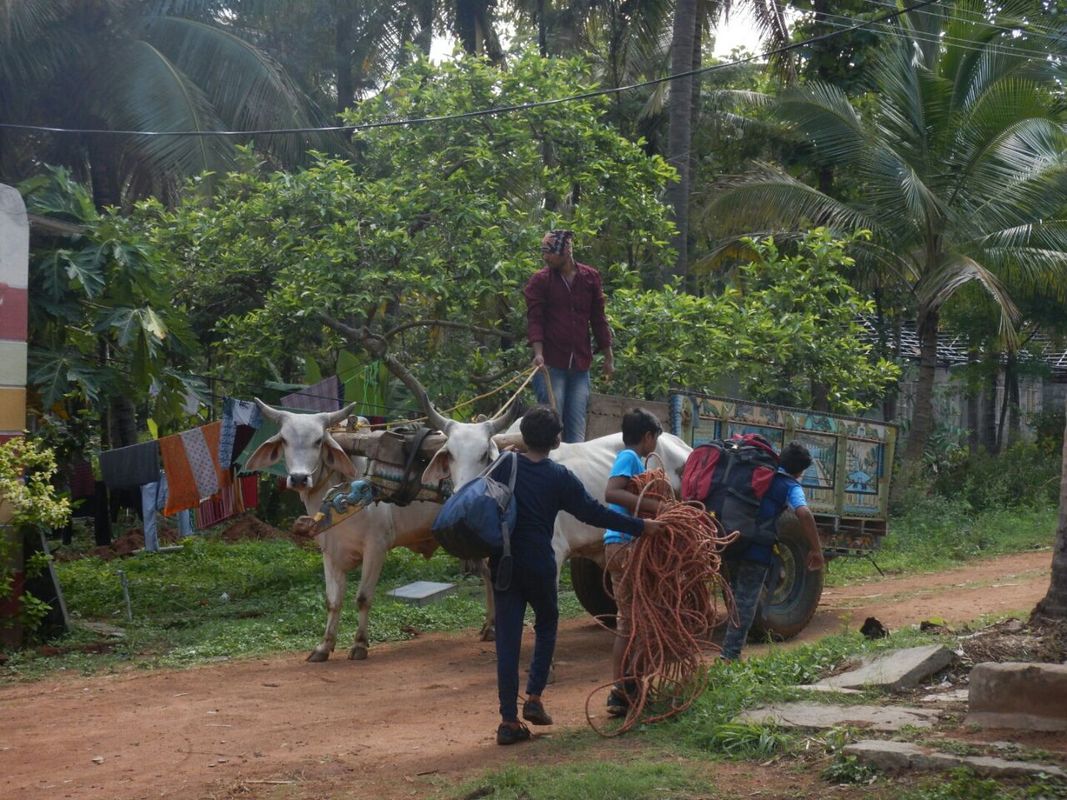 Where Nature Where? In this heavily networked and connected world, we have lost touch with ourselves. There is so much emphasis on socializing but the feeling of isolation and loneliness hovers in all us. We are living in a paradoxical world with conflicting needs and actions taken to fulfill those needs. What has also changed drastically is “organicness” in us and our choices and we are passing on this epidemic to our children. Can spending time in the outdoors slow down or reverse this change? Can outdoors restore organic nature in our lives especially our children? If yes, Where is nature? Where is nature? Where is outdoors? How and when do we expose children to the outdoors? When I look outside of my window, I mostly see apartments and flats and gated communities. I see some green cover that is mostly there for decorative purposes. Mostly, cemented or tar roads; no uneven paths with grass and puddles. Where will children run freely with traffic, vehicles and strangers on roads? What if my child touches something or eats something that will cause a cold, an allergy or an infection? How can I make sure my child is safe? Where and how do I start? What are the available accesses to nature and outdoors? How do we create more accessibility to outdoor play spaces? The crux of this article is to explore doors and windows that lead children to the world of outdoors. Play grounds Playgrounds are cradles of spontaneous, unstructured play. Generally, playgrounds are a part of educational institutions and housing complexes with wide open spaces and some play equipments such as swings, slides and monkey bars. They are also used for structured play. Play ground setting touches all areas of child development especially motor development, body coordination and balance, imagination and creativity. Spontaneous play encourages children to think quickly and be open to uncertainty. Free play nurtures interpersonal skills, trust building and communication. Thus, spending time in the play grounds is time invested in well being. Gardens and Farms Gardening and farming is a sensory experience for children. They touch and feel the soil and life, seeds and flowers, see the vibrant colors and varied sizes of the plants, insects and birds, can hear birds and insects and smell the amazing scents of the flowers and mud. Children climbing trees, laying with leaves and twigs, digging soil and planting is a holistic experience in itself. They are introduced to life processes and they are part of something coming to life. They learn to nurture and qualities of planning, patience and hard work. Gardening and farming teaches children take responsibility and environmental significance. Children who spend time with plants are seen to be more instinctive and intuitive. Spending time in the farms and gardens can be a sublime experience. Local Parks Local parks are good contacts for children with nature. Grass beds with bordering trees and bushy plants are soothing to the eyes and spirit. Pavements for walking and strolling are a breather for children and people of all age groups. Parks provide spaces to play, make friends, enjoy, relax and unwind. The cool breeze and chirping birds teamed with conversations and laughter is a seemingly ideal way to spend every day evenings. Visiting local parks regularly can provide children spaces to free play, foster their physical, mental and emotional health. It is also a place to meet new children and also people of varied ages and backgrounds and play or engage with them in different ways. National parks and Zoos National Parks and Zoos makes it feasible to witness wildlife which otherwise cannot be seen, usually especially wild animals. All animals are usually caged or placed in restricted and artificially created environments that mimic their natural ones. Children can see these animals in reality which otherwise would have been in their natural habitats, wild and free. National parks and zoos might ignite enthusiasm and awe towards animals resulting in a surge of excitement in children. Personally this is something I am not in agreement with. Caging animals however conducive it might be, impedes the animal in many ways. A child watching these animals in this manner paints a false picture of the animal and wildlife might be reduced to a mere entertainment affair. Nonetheless, an enjoyable experience for children. Forests and wildlife sanctuaries Trails, safaris and jungle stays are a substantive experience of nature. Forests ecology with trees, plants, mosses, creepers and ferns with wild animals, birds and insects is an experience. Unaltered with woody roots, creaky branches, crunching path can fill us with wonder and unruffle us at the same time. The sounds of chirping birds and croaking frogs and crickets and cicadas can put us in state of tranquility. Forests teach us so much and alter us completely. The forests have something for each one of us especially, children. As rightly said – “Once you enter the forest, you never return the same” Besides that, the purpose of visiting the forest and the people with whom we share our time and experience counts. Free play is not a feasible in the forests or sanctuaries. The possibility of children visiting the forests solely depends on the parents and adult’s affinity towards wildlife. If the parents are fearful or hesitant towards wilderness there are very little chances that the child would visit a forest. A naturalist or a person who is familiar and has some knowledge about the wildlife and ecology can deepen our learning experience in the forests and wildlife sanctuaries. Therefore, forests though enriching for children, the probabilities of accessing it is lean. 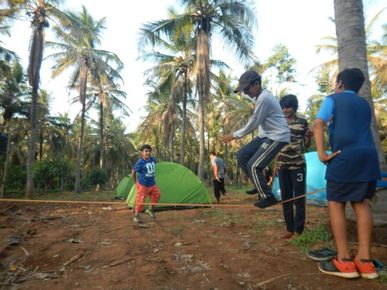 Treks and trails Trekking and hiking is a transforming experience of children and adults. The wooded heaven, the beaten elevated trails, unexpected spotting of birds and animals can fill us with humility. Trekking with minimal resources and challenging themselves to push and adjust to adversities can shape them as independent and resilient individuals. Children develop leadership qualities, boast their confidence and self image and learn endurance. Children and adults who trek together deepen their relationships with each other. They also learn to respect and value nature. They tend to be more sensitive to themselves and others including plants and animals. They learn life lessons through direct experience and reflection. Physical and mental health is an inevitable consequence of trekking. Children become more aware and well-informed about geography, environmental science or wildlife. Treks can be easily considered as a one stop solution for life. Summer camps In the past few months, how many fliers do you come across in a day that announces “Summer camps”? Art to Robotics, Baking to Storytelling; Crafts to Culture, so many of them. They are there everywhere, social media, newspapers and Whatsapp groups. Some stand out and are offbeat and some seem like they are all the same. One of the offbeat summer camps would be Outdoor and Adventure summer camp. What are these outdoor and adventure summer camps? Why would I want to send my children to O&A camp and not a robotics camp? Why climb trees and do cave man things when technology is the thing, right?! If these are your questions and dilemmas then the next article is the answer for you. We will explore the benefits of sending your children to an Outdoor and Adventure summer camp. We will see how these O&A camps can instill love for nature and belongingness in the outdoors in children and also avail to its insurmountable benefits of nature. References https://www.theatlantic.com/education/archive/2016/09/kindergarten-naturally/500138/ https://www.forestschooltraining.co.uk/forest-school/the-benefits/ https://livingwellmom.com/2017/04/benefits-taking-kids-hiking/ https://indiahikes.com/trekking-changes-children/ https://indiahikes.com/why-should-you-encourage-your-child-to-hike/ http://mommyuniversitynj.com/2015/05/04/10-benefits-of-gardening-with-kids/ http://www.rasmussen.edu/degrees/education/blog/gardening-for-kids-benefits/ https://www.betterhealth.vic.gov.au/health/healthyliving/gardening-for-children https://www.aaastateofplay.com/the-benefits-of-playgrounds-on-child-development/ https://www.psychologytoday.com/us/blog/freedom-learn/201206/free-play-is-essential-normal-emotional-development http://www.momsteam.com/successful-parenting/unstructured-free-play-important-for-child-development-experts-say Ashwini GovindOutlife Experiential Education |
Archives
July 2024
Categories
All
|
- Home
-
Corporate
-
Team Building
>
- Team Building Activities
- Corporate Team Bonding
- Fun Team Outing
- Quotes on Teamwork
- In office Team Building Activities
- 5C Key Elements for Team Building
- Special Team Building >
- Virtual Team Building
- Top 10 Team Building Activities
- Team Building Bangalore
- Team Building Hyderabad
- Team Building Interventions
- Outbound Training >
- Leadership Programs >
- Team Outing >
- Employee Engagement >
- Behavioral Skills >
- Team Development >
- Corporate Adventure >
-
Team Building
>
- Schools
- Individuals
- Clients
- Gallery
- About us
- Articles
- Blog
- Experiential Leadership Training
- Strategic Leadership Training
- Home
-
Corporate
-
Team Building
>
- Team Building Activities
- Corporate Team Bonding
- Fun Team Outing
- Quotes on Teamwork
- In office Team Building Activities
- 5C Key Elements for Team Building
- Special Team Building >
- Virtual Team Building
- Top 10 Team Building Activities
- Team Building Bangalore
- Team Building Hyderabad
- Team Building Interventions
- Outbound Training >
- Leadership Programs >
- Team Outing >
- Employee Engagement >
- Behavioral Skills >
- Team Development >
- Corporate Adventure >
-
Team Building
>
- Schools
- Individuals
- Clients
- Gallery
- About us
- Articles
- Blog
- Experiential Leadership Training
- Strategic Leadership Training
Our Programs
OUR TRAINING DELIVERY LOCATIONS:
Ahmedabad, Bangalore, Chennai, Kolkata, Delhi, Goa, Hyderabad, Mumbai, Pune, Vizag - India
Ahmedabad, Bangalore, Chennai, Kolkata, Delhi, Goa, Hyderabad, Mumbai, Pune, Vizag - India

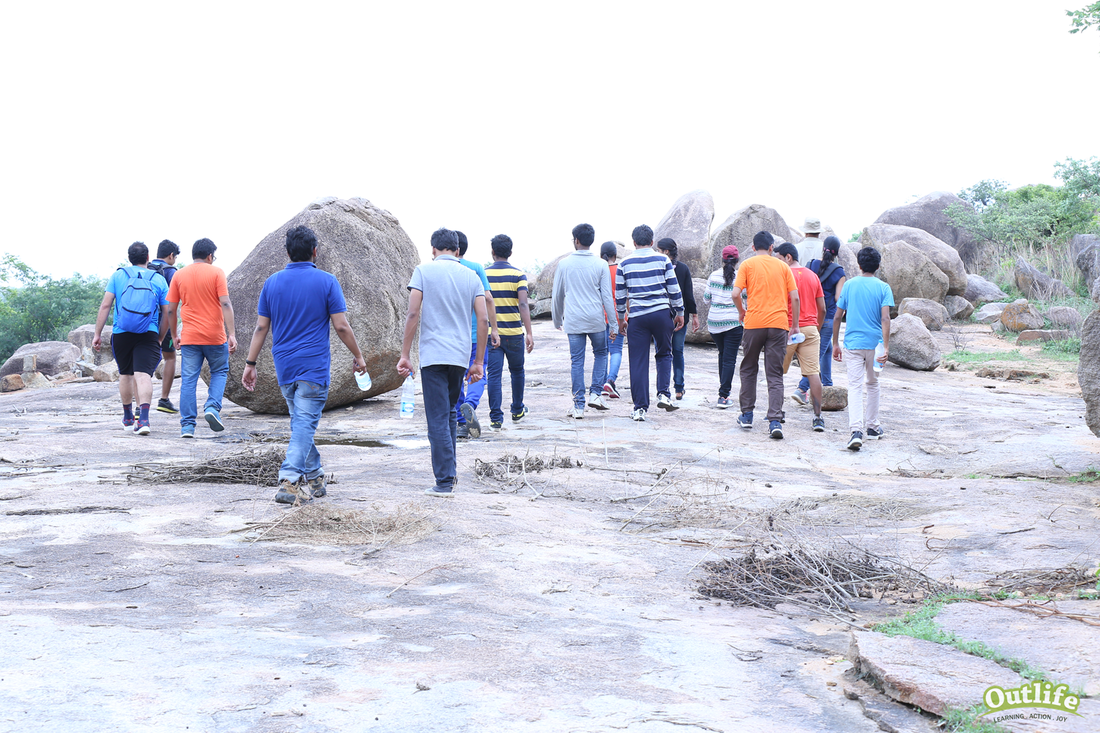
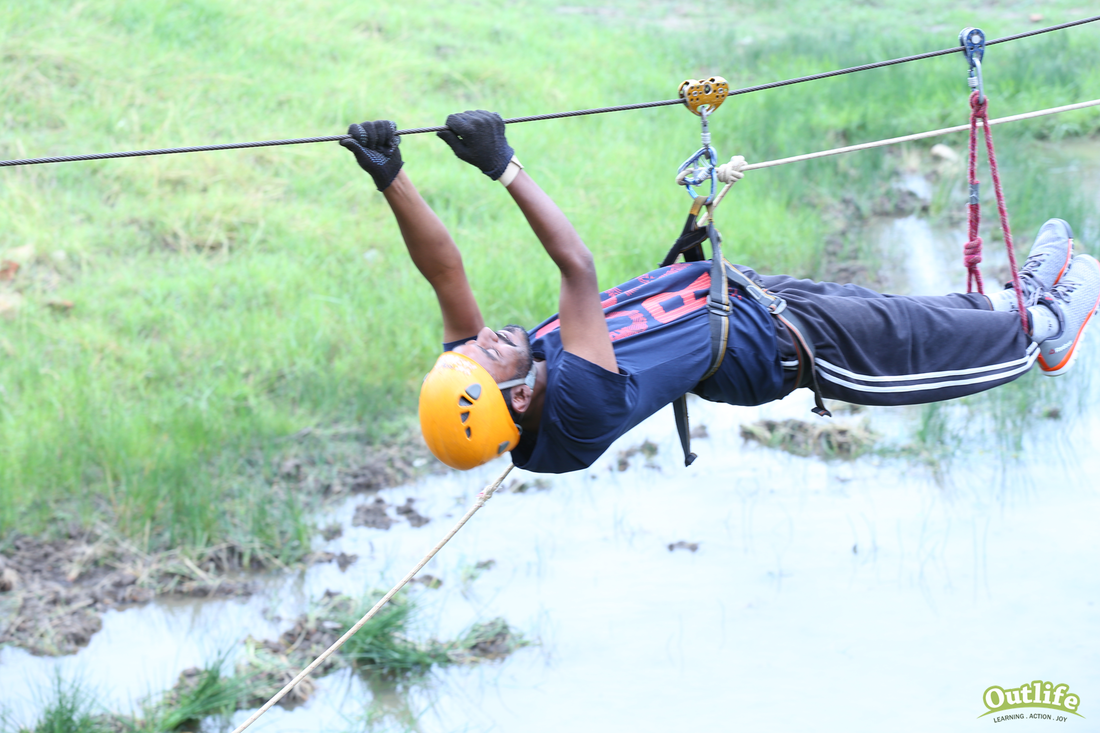
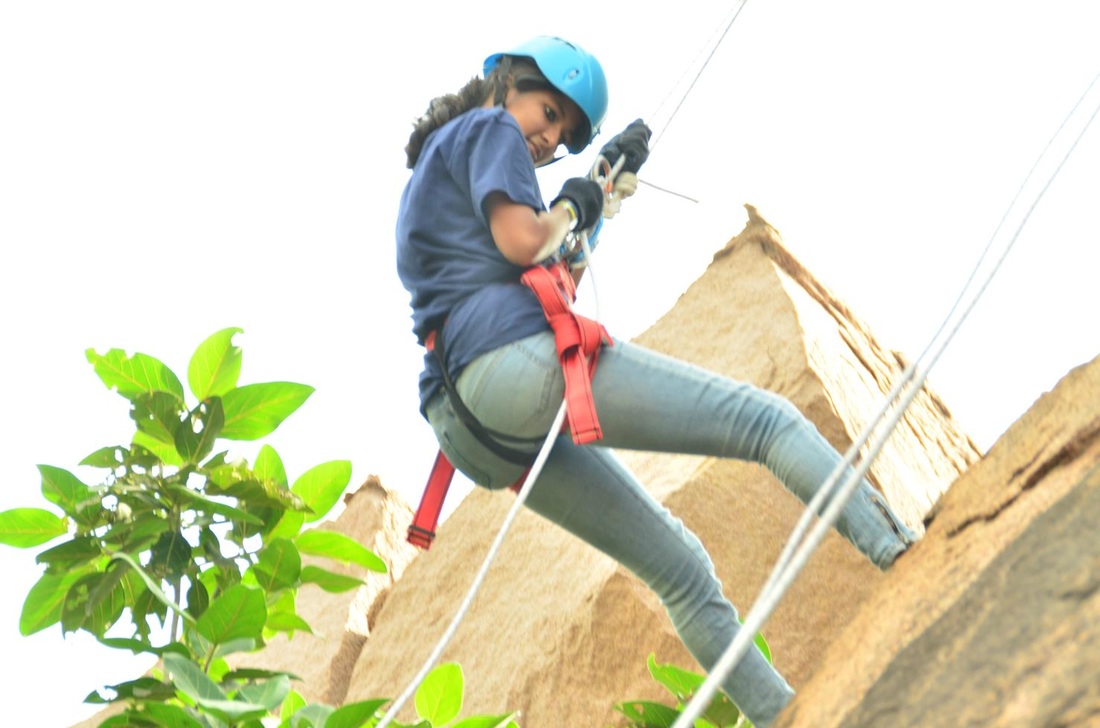
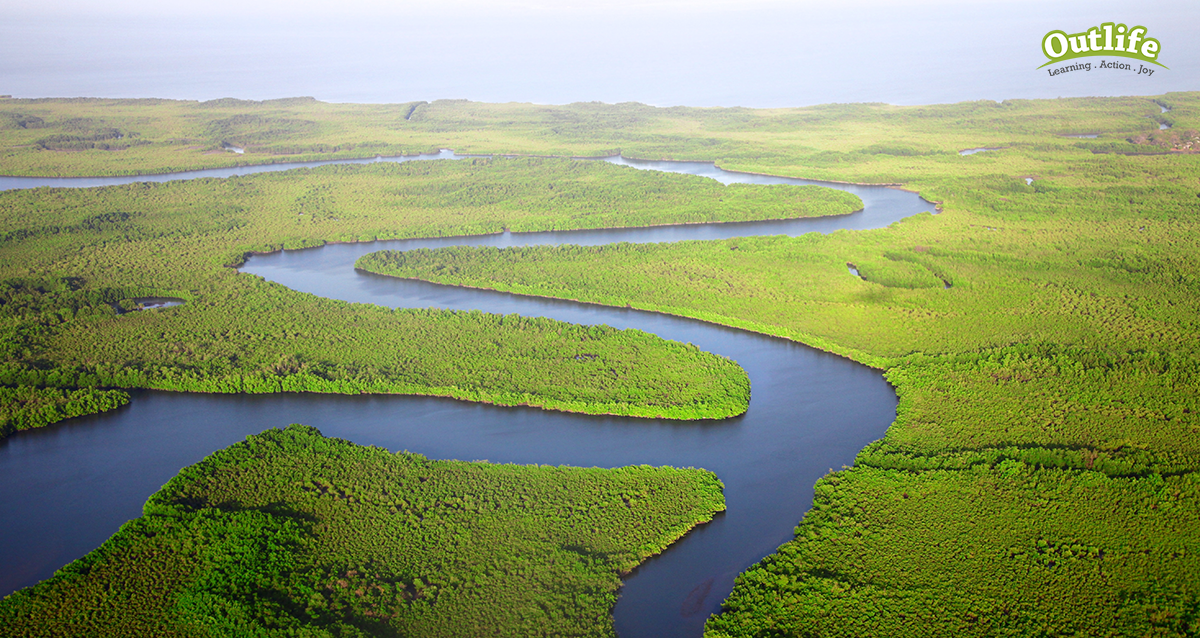
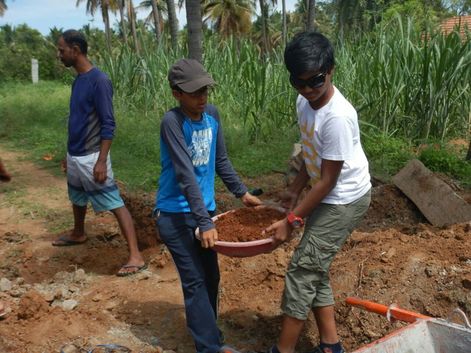
 RSS Feed
RSS Feed
